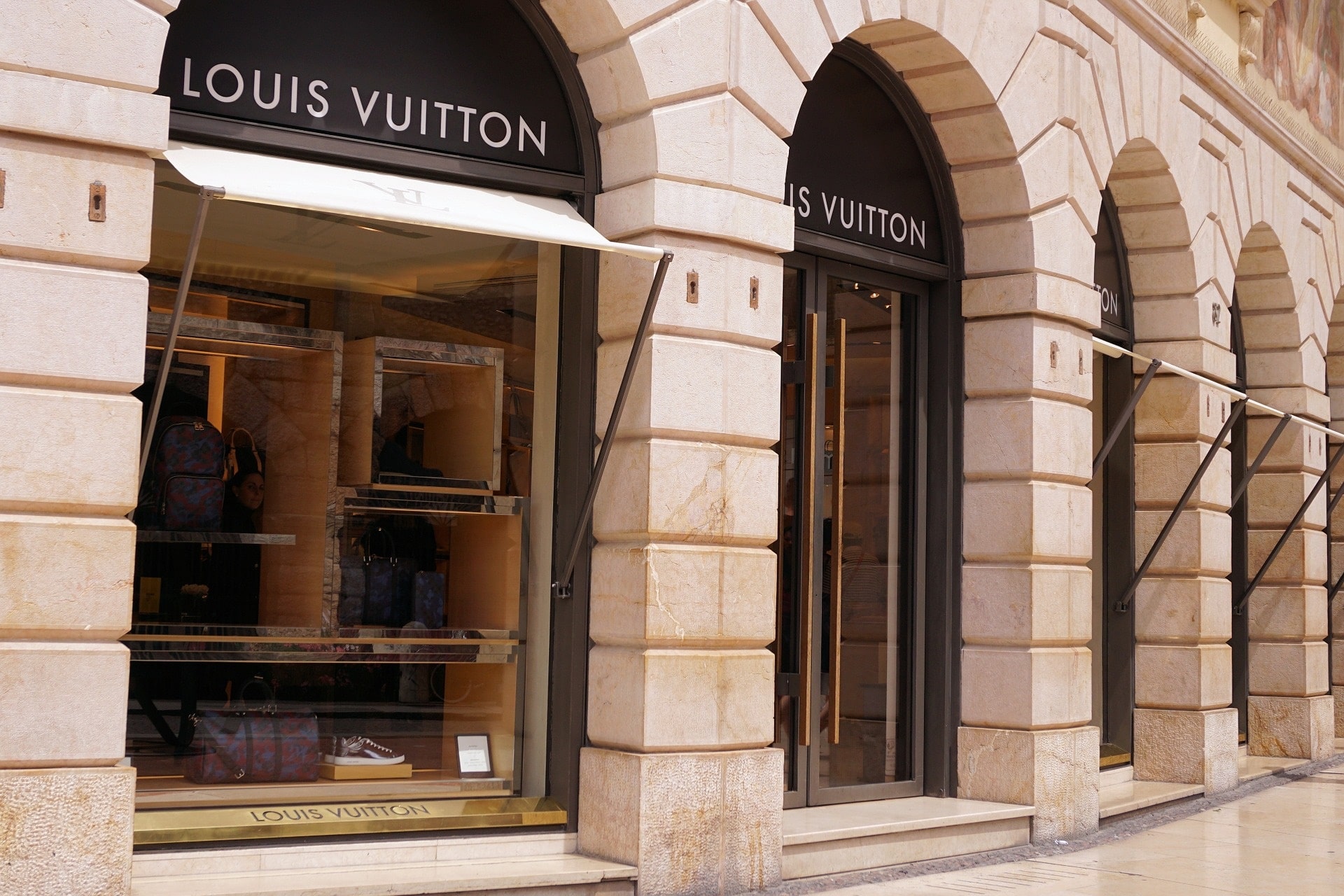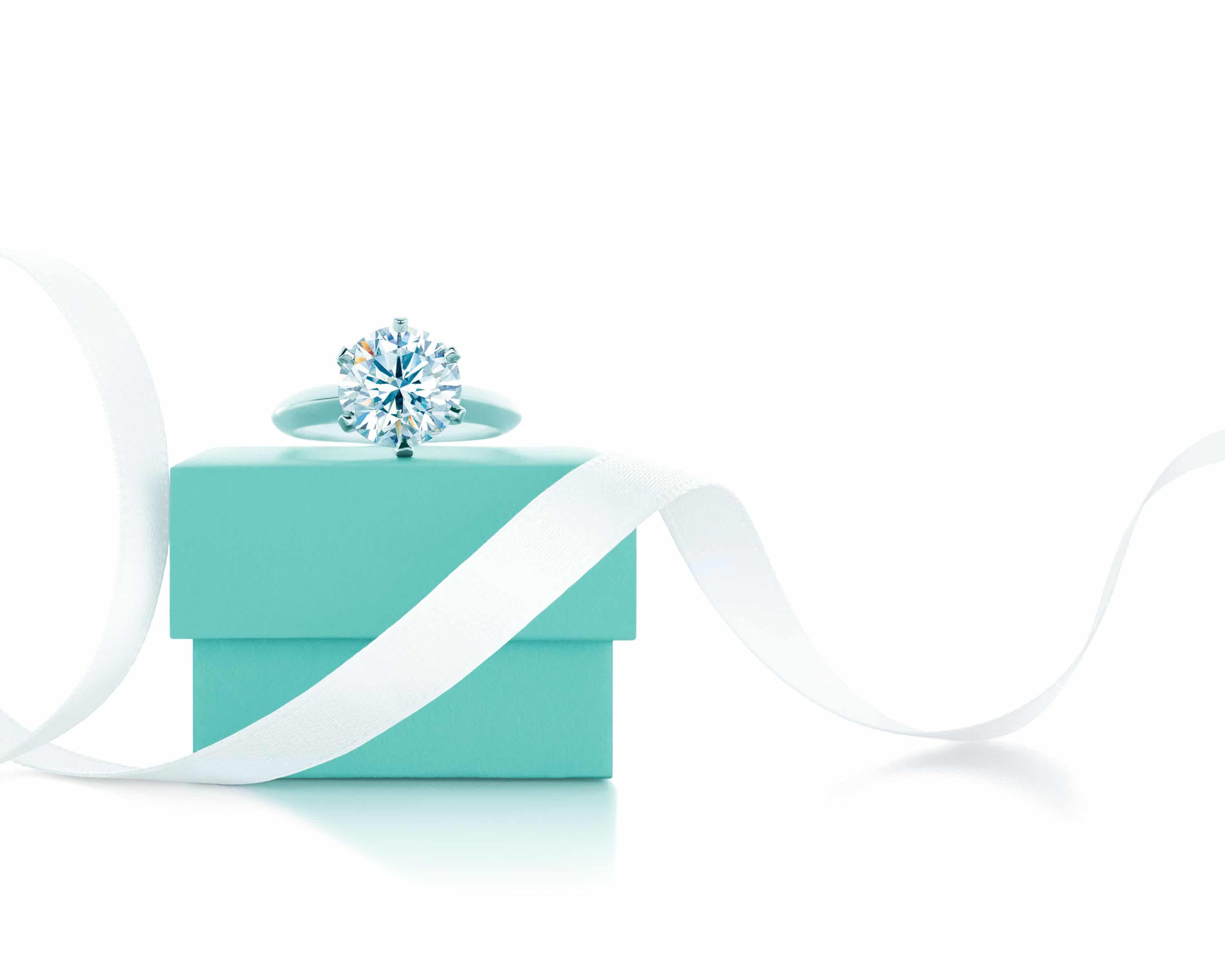[vc_row njt-role-user-roles=”administrator,armember”][vc_column][vc_column_text]
For the fashion industry, the reconfinement announced last night during the french President, Emmanuel Macron’s allocation, will have even more dramatic consequences than that of the spring. Winter is a crucial period for the fashion industry, and the months of November and December usually account for almost 20% of the industry’s annual sales. What are the actions taken by our luxury boutiques in response to the situation ?
Indeed, the reconfinement announced last night by the President of the French Republic will have a stronger impact than in March. This period, at the dawn of the holiday season, is worrying the activity of various luxury sectors, especially the fashion sector. Winter items are generally more expensive than those of other seasons. Brands need to make a success of the end of the year festivities to limit the losses linked to the first wave.
“November and December account for nearly 20% of annual sales. We can’t miss a third Christmas,” explains Yohann Petiot, General Manager of the Alliance du Commerce. Demonstrations and strikes had already affected the two previous seasons, and it doesn’t seem to be getting any better this year.
The national reconfinement comes at a time when the fashion industry is in the midst of a recession. Since January, the brands have lost 20% of their turnover in a market that has already shrunk by 15% in ten years. More than 5,000 jobs have already been lost since January. The fashion industry is experiencing an unprecedented crisis, and the announcement of the confinement does not help its various players.
For the luxury goods sector, which was heavily impacted by the first wave, anxiety reigns. However, certain luxury houses, such as LVMH and Kering, are managing to post motivating figures for the third quarter of 2020. It remains to be seen whether this recovery will be able to continue despite the new announcements. The situation is not as positive for the general clothing sector, and after Gap, on Wednesday, it is the turn of the Celio chain stores to announce the closure of 102 stores, which represents a total of 383 jobs threatened.
Unfortunately, online sales will not be enough to compensate for the store closures, although many brands are counting on it. During the March lockdown, 70% of Chinese, 51% of American and 35% of European shoppers purchased luxury goods online during the lockdown and plan to purchase more luxury goods online.
The luxury goods sector, which had been a major contributor to the Paris stock market’s rebound in the third quarter, hopes to capitalize on digital. Since the beginning of the crisis, the number of luxury houses present on digital platforms has accelerated in order to adapt to current constraints. Among others, the American giant Amazon announced in September the implementation of a luxury section on its mobile application.
Fearured photo : © Louis Vuitton[/vc_column_text][/vc_column][/vc_row]










